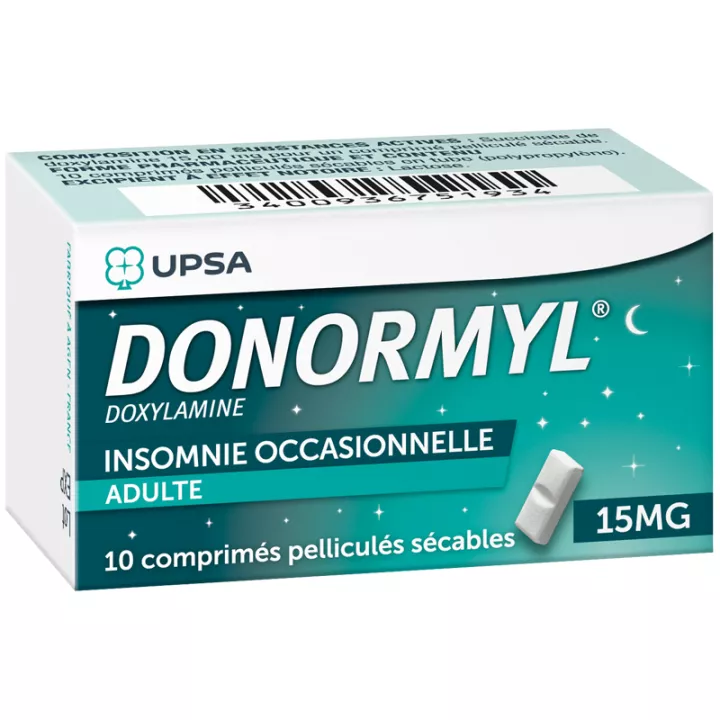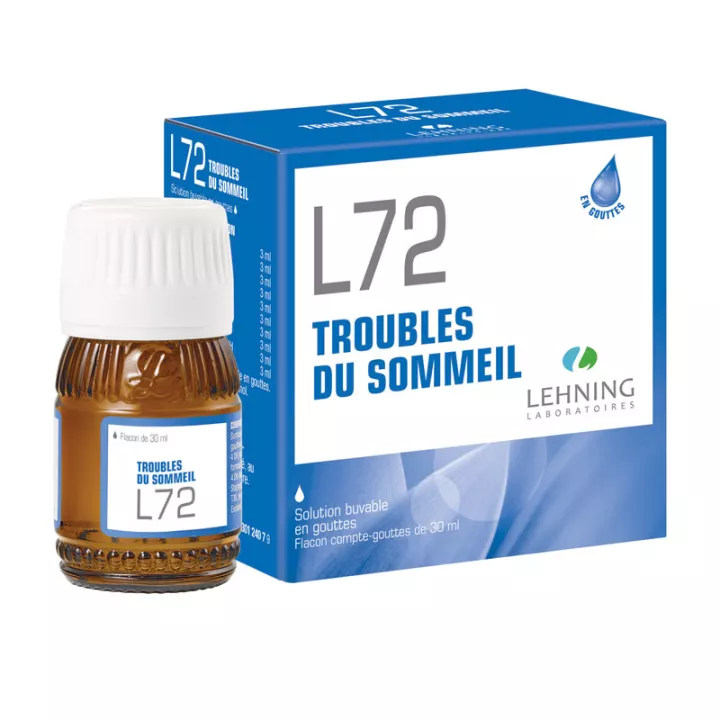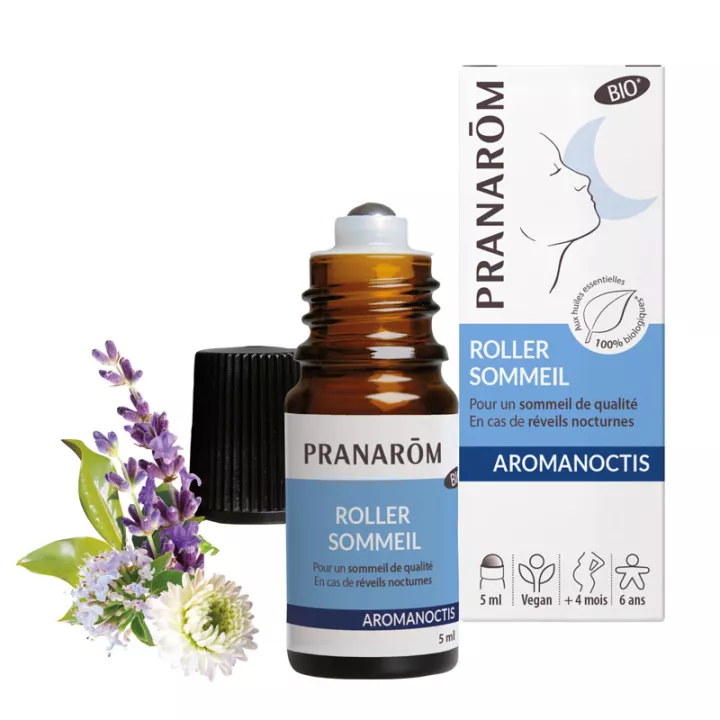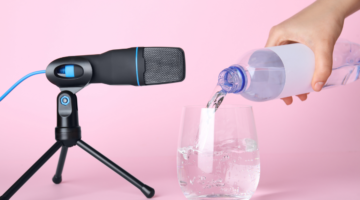NOTICE
ANSM - Last updated: 04/10/2016
Name of the medicinal product
DONORMYL 15 mg film-coated tablet
doxylamine
framed
Please read this leaflet carefully before you start taking this medicine because it contains important information for you.
You should always take this medication exactly as prescribed in this leaflet or by your doctor, pharmacist or nurse.
Keep this leaflet. You might need to read it again.
Ask your pharmacist for advice or information.
If you experience any of the side effects, talk to your doctor, pharmacist or nurse. This also applies to any side effects not mentioned in this leaflet. See section 4.
You should contact your doctor if you experience no improvement or feel less well after 5 days.
Do not use this medication for children.
What is in this leaflet?
1. What is DONORMYL 15 mg film-coated tablet and when it is used?
2. What should I tell you before taking DONORMYL 15 mg film-coated tablet?
3. How to take DONORMYL 15 mg film-coated tablet?
4. What are the possible side effects?
5. How to store DONORMYL 15 mg film-coated tablet?
6. Package contents and other information.
1. WHAT IS DONORMYL 15 mg film-coated, scored tablet AND WHAT IT IS USED FOR?
Pharmacotherapeutic group: ANTIHISTAMINIC FOR SYSTEMIC USE
ATC code: R06AA09
This medication is recommended in occasional insomnia in adults.
2. BEFORE YOU TAKE DONORMYL 15 mg film-coated, scored tablet.
If your doctor has told you about an intolerance to some sugars, contact your doctor before taking this medicine.
Do not take DONORMYL 15 mg film-coated tablets
· if you are allergic (hypersensitive) to antihistamines, the active substance or any of the other ingredients of this medication mentioned in section 6,
· if you have a history of acute glaucoma (increased pressure inside the eye),
· if you have difficulty urinating in humans (prostatic or otherwise),
· if you are a child under 15 years of age.
IN CASE OF DOUBT, IT IS ESSENTIAL TO ASK FOR THE OPINION OF YOUR DOCTOR OR YOUR PHARMACIST.
Warnings and Precautions
Talk to your doctor or pharmacist before taking DONORMYL 15 mg film-coated tablets.
Insomnia may have a variety of causes that do not necessarily require medication.
This medication should be used with caution in the elderly because of the risk of cognitive impairment, drowsiness, slow reactivity, and / or dizziness / dizziness that may lead to falls (eg, ), with often serious consequences in this population.
Doxylamine succinate, like any hypnotic or sedative, is likely to aggravate pre-existing sleep apnea syndrome (breathing breaks during sleep).
The use of this medication is not recommended in patients with galactose intolerance, Lapp lactase deficiency or glucose or galactose malabsorption syndrome (rare hereditary diseases).
Drinking alcohol is formally discouraged during the treatment.
Tell your doctor if you are pregnant.
In case of long-term liver or kidney disease, CONSULT YOUR DOCTOR so that he can adapt the dosage.
IN CASE OF DOUBT, IT IS ESSENTIAL TO ASK FOR THE OPINION OF YOUR DOCTOR OR YOUR PHARMACIST.
Children and Youth
Not applicable.
Other medicines and DONORMYL 15 mg film-coated tablet
Inform your doctor or pharmacist if you are using, have recently used or could take any other medicines.
This drug contains an antihistamine, doxylamine.
Other medicines contain it. Do not combine them, so as not to exceed the maximum recommended dose (see Dosage, Mode and / or Route (s) of Administration, Frequency of Administration and Duration of Treatment).
This medication should be avoided in combination with sodium oxybate.
IN ORDER TO AVOID INTERACTIONS BETWEEN SEVERAL MEDICINAL PRODUCTS, YOU MUST SIGNAL SYSTEMATICALLY ANY OTHER TREATMENT IN PROGRESS TO YOUR DOCTOR OR YOUR PHARMACIST.
DONORMYL 15 mg film-coated tablet with food and drink
Not applicable.
Pregnancy and breast feeding
Pregnancy
This medication, under normal conditions of use, may be used during pregnancy. However, you should always seek the advice of your doctor before using it and never exceed the recommended dose.
feeding
The passage of this drug in breast milk is possible. Given its sedative or exciting properties that may affect your child (lethargy, decreased tone, or insomnia), this drug is not recommended in case of breast-feeding.
GENERALLY, DURING PREGNANCY AND BREASTFEEDING, ALWAYS ASK FOR THE OPINION OF YOUR DOCTOR OR PHARMACIST BEFORE USING A MEDICINE.
Sport
Not applicable.
Driving and using machines
Attention is drawn to the daytime sleepiness and decreased vigilance associated with the use of this medication.
The combination with other sedative medicines, with sodium oxybate, and of course with alcohol or medicines containing alcohol, is not recommended when driving or using machines.
If the sleeping period is insufficient, the risk of decreasing alertness is further increased.
DONORMYL 15 mg film-coated tablet contains lactose.
3. HOW TO TAKE DONORMYL 15 mg film-coated tablet?
Dosage
RESERVED TO THE ADULT.
The recommended dosage is ½ to 1 tablet per day in adults.
In adults, the dosage may be increased to 2 tablets per day if necessary.
In the elderly, renal or hepatic insufficiency, the lowest dose is recommended.
Method and route of administration
Oral use.
Swallow the tablet with a little water.
Frequency and Timing of Medication
One dose per day, in the evening, 15 to 30 minutes before going to bed.
Duration of treatment
The duration of treatment is 2 to 5 days.
Do not exceed 5 days of treatment without the advice of your doctor.
If you take more DONORMYL 15 mg film-coated tablet than you should:
Immediately consult your doctor or pharmacist.
If you forget to take DONORMYL 15 mg film-coated tablet:
Do not take a double dose to make up for a missed dose.
Take the next dose at the usual time.
If you stop taking DONORMYL 15 mg film-coated tablet:
Not applicable.
4. WHAT ARE POSSIBLE SIDE EFFECTS?
Like all medicines, this medicine may cause side effects, although not everybody gets them.
· daytime sleepiness,
· constipation,
· urinary retention,
· dry mouth,
· confusion,
· rhabdomyolysis (severe muscle involvement),
· increase in blood creatine phosphokinase (CPK)
· visual disturbances (accommodation disorders, blurred vision, hallucinations, visual impairment),
· heart palpitations.
In addition, first generation H 1 antihistamines are known to cause sedation, cognitive impairment and psychomotor performance disorders.
Declaration of side effects
If you experience any side effects, talk to your doctor, pharmacist or nurse. This also applies to any side effects not mentioned in this leaflet. You can also report adverse reactions directly via the national reporting system: National Agency for the Safety of Medicines and Health Products (ANSM) and network of Regional Centers of Pharmacovigilance - Website: www.ansm.sante.fr
By reporting adverse reactions, you are helping to provide more information about the safety of the drug.
5. HOW TO STORE DONORMYL 15 mg film-coated, scored tablet?
Keep this medicine out of the reach and sight of children.
Do not use this medicine after the expiry date which is stated on the carton. The expiry date refers to the last day of that month.
No special storage conditions.
Do not throw any medicines into drains or rubbish. Ask your pharmacist to remove any medications you are no longer using. These measures will help protect the environment.
6. PACKAGE CONTENTS AND OTHER INFORMATION
What DONORMYL 15 mg contains, film-coated tablet
The active substance is:
Doxylamine succinate ............................................... ............................................... 15.00 mg
For a scored film-coated tablet.
The other components are:
Lactose monohydrate, croscarmellose sodium, microcrystalline cellulose, magnesium stearate, hypromellose, macrogol 6000, dye dispersion.
What is DONORMYL 15 mg film-coated tablet and contents of the pack
This medication is in the form of a scored film-coated tablet. Box of 10 tablets.
Marketing Authorization Holder
UPSA SAS
3, RUE JOSEPH MONIER
92500 RUEIL MALMAISON
Marketing Authorization Operator
UPSA SAS
3, RUE JOSEPH MONIER
92500 RUEIL MALMAISON
Maker
UPSA SAS
979, AVENUE DES PYRENEES
47520 THE PASSAGE
or
UPSA SAS
304, AVENUE DU DOCTEUR BRU
47000 AGEN
Names of the medicinal product in the Member States of the European Economic Area
Not applicable.
The last date on which this leaflet was revised is:
[to be completed later by the holder]
{month YYYY}.
Other
Detailed information on this medicine is available on the ANSM website (France).












